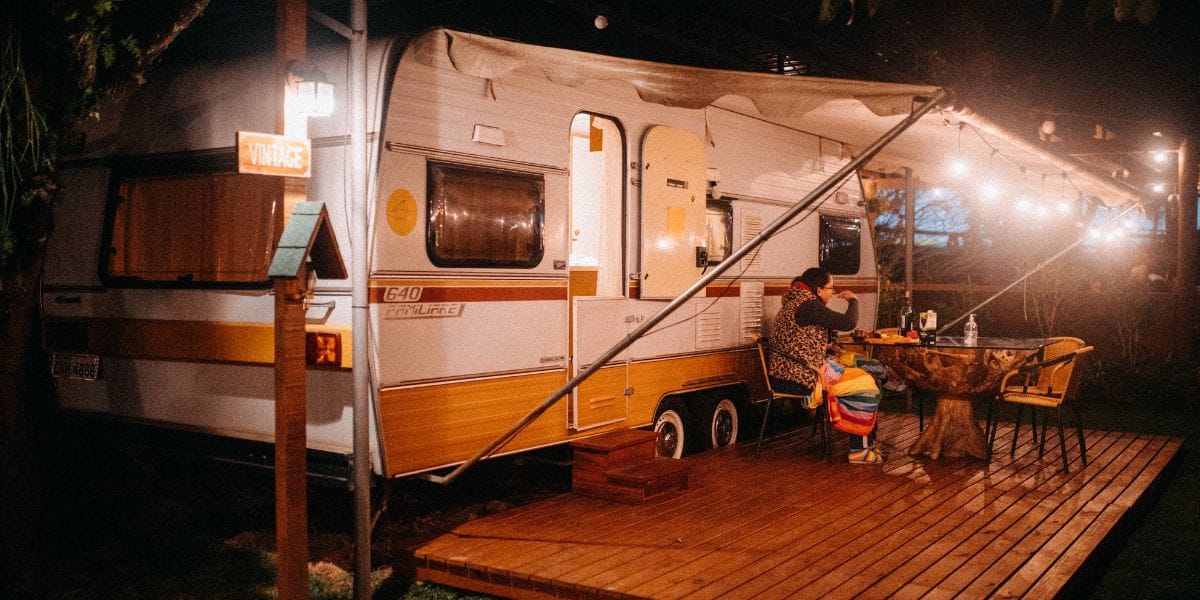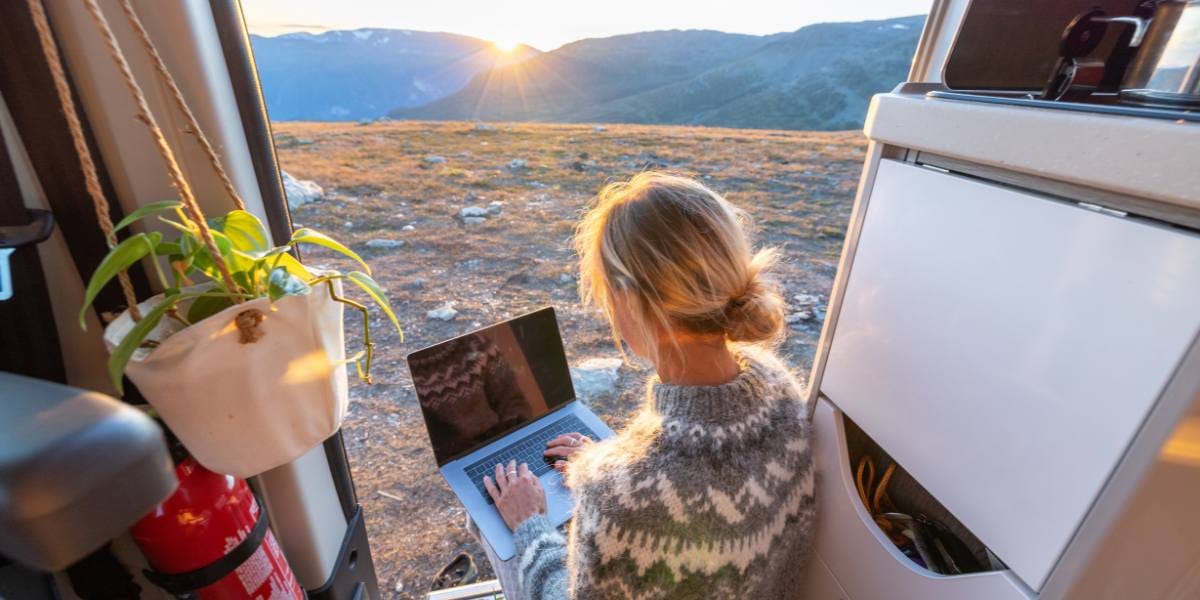If you can't stump up the cash you need when you’re in a pinch, it's nothing to be embarrassed about. You're one of an estimated 11 million other Aussies who are tight on cash reserves.
Yes, based on a survey by Finder, 57 per cent of Australians wouldn’t have $5,000 in savings if something unexpected came up.
While living day to day may be a common approach for many of us, it can lead to unnecessary stress.
This is where building an emergency fund can be a saviour. And it just makes good sense.
An emergency fund is the ticket to buying yourself peace of mind, financial independence, and maybe even the ability to sleep better at night.
It's that money you have set aside for a rainy day, such as when the car breaks down, the roof leaks or you have unexpected medical expenses.
Having an emergency fund means you are more likely to cope if and when bumps in the road come up. Even better, it can prevent you from relying on friends, family, and short-term lenders. And besides all that, you can't put a price on that kind of financial independence.
So, how much should you sock away to build your emergency fund?
American finance guru Suze Orman suggests your emergency fund equal at least eight months’ worth of living expenses. As Orman points out, if you find yourself in the unfortunate position of losing your job, it could take a while to find your feet and secure a new gig.
While Orman's recommendation is on the conservative side, straight-talking financial guru Scott Pape (aka The Barefoot Investor) recommends three months’ worth of living expenses is a good measure. But these figures are only guides.
The answer to how much you need is up to you. And it depends on what would help you sleep better at night? Is it a dollar figure or several months’ worth of income?
How to build your emergency fund
Once you've settled on what your target amount is, you can start building your safety net.
Just as you would with other goals, it's best to start small, as the idea of saving a big chunk of money can feel overwhelming.
We suggest setting up an automatic transfer that sends a proportion of savings from each pay cheque to a separate savings account. The government’s Money Smart site has a heap of resources to help calculate how incremental savings can help you reach your target.
We’ve all heard the idea that cutting out incidentals such as your regular coffee will nudge you to contribute small and regular savings. Some say that by simply ditching your daily latte, you could be a millionaire — albeit in 40 years!
But if you're not ready to give up your daily caffeine fix, there may be other small changes you can make to help you save. Perhaps review your gym membership. Do you still use it or could you get a better deal? Could you cut down on eating out or unnecessary Ubers?
They don't need to be big things, but the moves you make should be consistent enough to motivate you to save. Saving should feel like it's a stretch, but it shouldn’t be unsustainable.
Define what an emergency is for you
This might sound basic, but it’s important to establish boundaries around what your emergency fund is for.
This will hopefully prevent you from dipping into your savings for non-essentials reasons such as the next time a vacation package goes on sale.
To sum up, life is unpredictable. Extra expenses will come your way when you’re least prepared. By having an emergency fund at the ready, it will help you to better weather the storm.
So, if you find yourself having to dip into your fund, be grateful you were prepared. And don't forget to top it up after you've used it.



